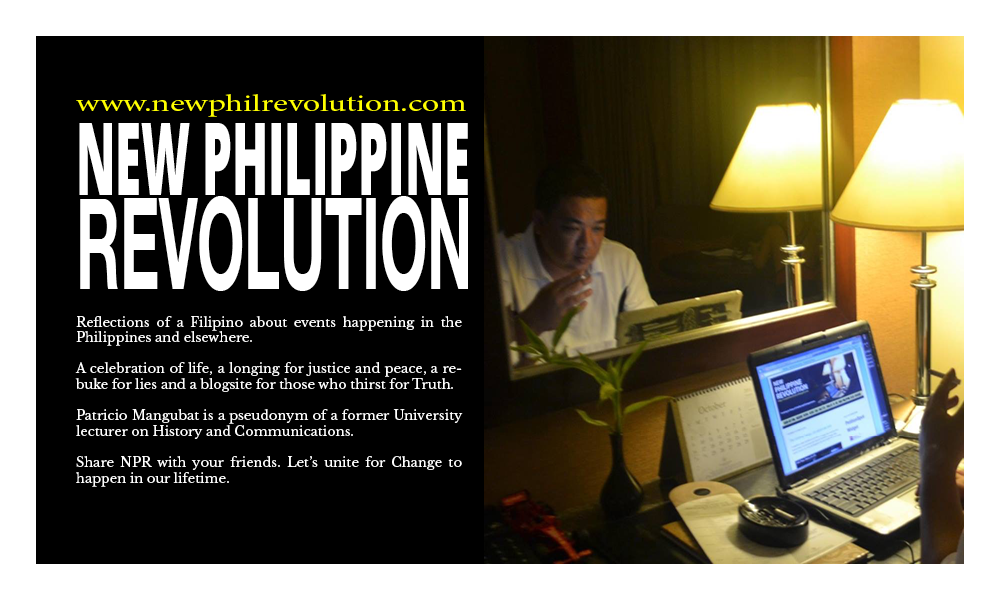Norman Dunn, I think, was the one who clearly stated the obvious---civil disobedience is not the problem, but civil obedience. When a group of people agree on the course or direction that their government took despite large-scale opposition from the masses of people, civil obedience harms rather than promote progress. Civil obedience succeeds when a system runs without hitches. An example would be when the system of justice works in perfect unison with the political system, civil obedience is expected of everyone to synchronize with the workings of a perfect system.
When the system itself mucks up, civil obedience impedes changes because the people themselves accept the unjust rulings rather than do what is expected of them---express their sentiments freely and democratically.
In the case of laws, people are expected to obey laws that promote society's welfare and not a law that pursues the will of a few. Such laws ought to be tested and frown upon by the body politic to discourage rule-makers of making such ridiculous ones in the first place.
Democracy thrives in an atmosphere of dissent and accent. Democracy is not static. It perennially changes depending upon the will of those who adopted it. When democratic societies stop accepting dissent, it is not democratic anymore but totalitarianism. When democratic societies absorb more dissent, they become more anarchic than democratic.
The dialectic therefore of civil disobedience in relation to democracies depends on the equilibrium brought by a system that fully absorbs both dissent and accent and dispenses rules based on both sentiments. Fact is, the true color of democracies are more of grey rather than blue--or the synthesis of black and white. More of the same color harms democracies.

No comments:
Post a Comment
Thank you very much for reading my blog. You inspired me. But if you intend to put your name "anonymous", better not comment at all. Thanks!